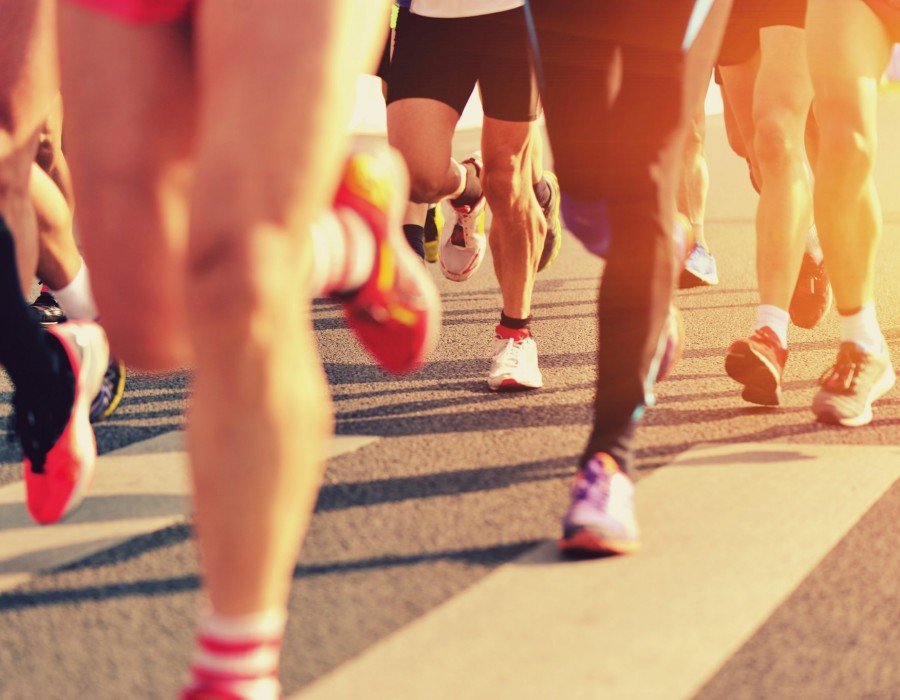Fitness and Performance
Half Marathon Injury Prevention and Treatment Tips

Runners galore are gearing up for a weekend packed full of popular races, including the Vitality Westminster Mile on Saturday 27th May and the Vitality London 10,000 on Sunday 28th May. Running performance matters whether you’re a novice runner or seasoned marathoner. Bodyset is here to help you avoid running injuries.
Read on for three top tips from our physiotherapists:
-
Scheduling is everything
The famous phrase “failing to prepare is preparing to fail” is extremely accurate when it comes to race planning. Creating a training schedule will help keep on you focused and on track. Not sure where to start? A basic schedule could include:
- Three runs per week:
- One long
- One short
- One interval
- All other planned exercise for the week:
- Gym sessions, footie game, netball etc
- A rest day once per week
- You MUST honour this each week, as it’s crucial for recovery
For a training programme tailored to your personal needs and goals, consider visiting a professional such as a Bodyset physiotherapist.
-
A foam roller is your best friend
Runners of all abilities should think of a foam roller as a portable physio, enabling them to manage their own symptoms before and after training. This clever bit of kit gently activates muscle groups while relieving tightness and tension in muscles and joints. Runners should focus on foam rolling the following areas:
- Calves
- Hamstrings
- Iliotibial Band
- Quadriceps
- Gluteals
My must-have device for runners, foam rollers are a simple and sure-fire way to keep you training and help you smash your running goals and maximum running performance!
-
Hydration is key
Adequate hydration is important on a day to day basis but is especially vital when we exercise. We need to be well hydrated to produce enough energy for our muscles, to breathe efficiently and to regulate our body temperature. Make sure you think about hydration before, during and after running. Here are some handy guidelines:
- On a ‘non-exercising’ day, it’s recommended adults drink around 2 litres of water
- On an active day, this should increase by 500ml for every 30 minutes of exercise
- So, if for example, you’re running the Vitality London 10,000 you need to factor in approximately an extra litre on race day
Click here for more detailed advice on all things hydration to ensure maximum running performance for the big day!